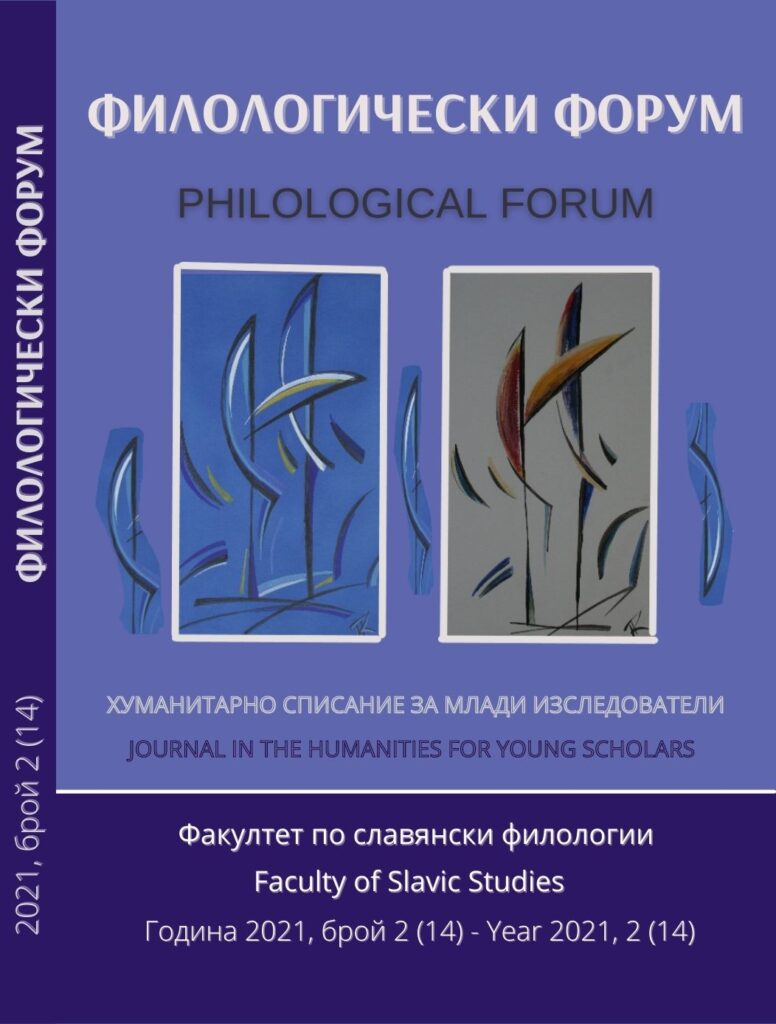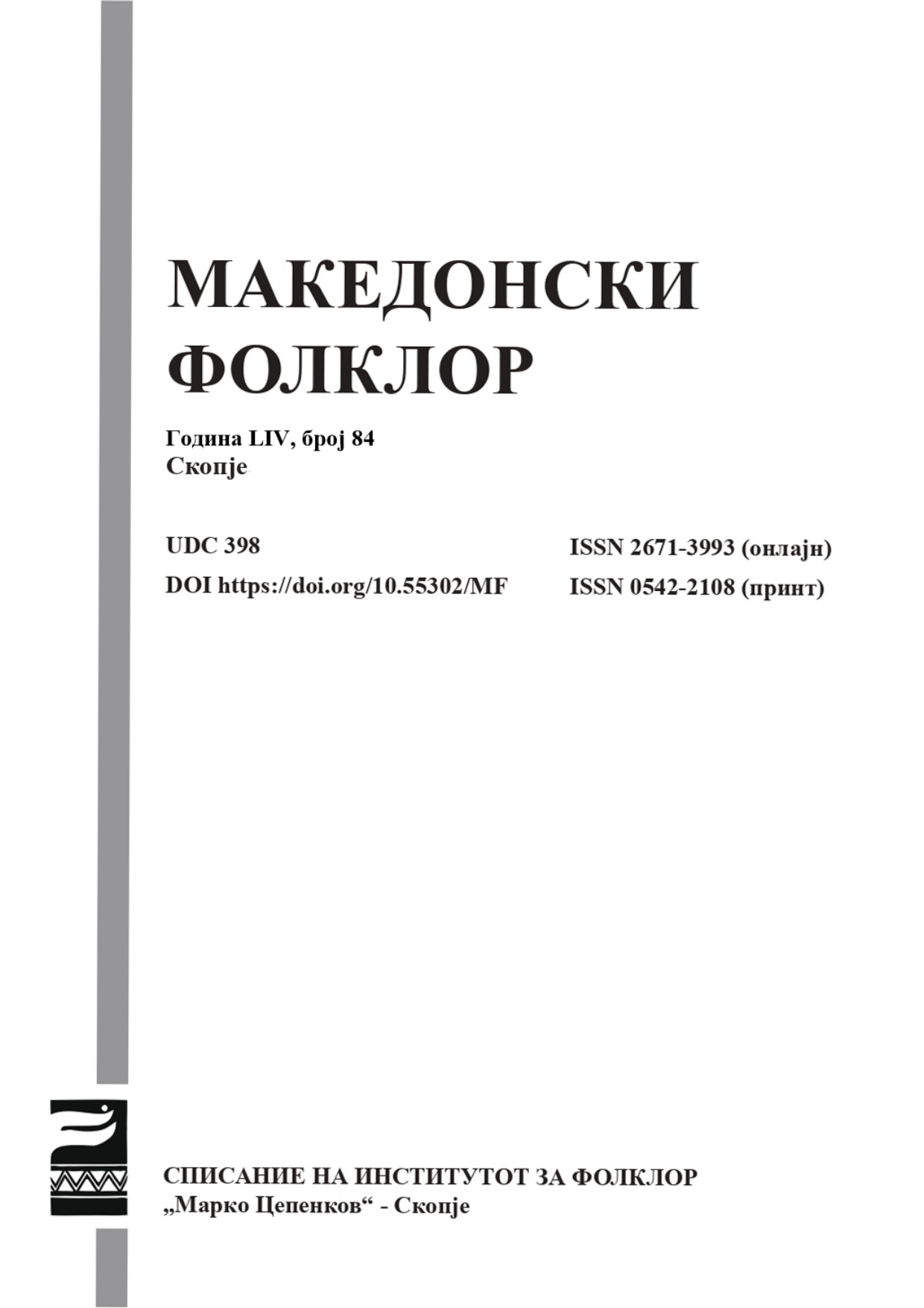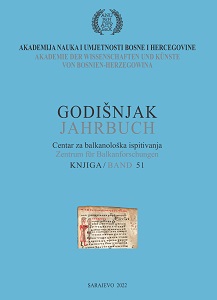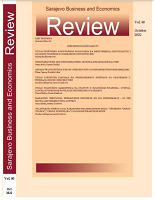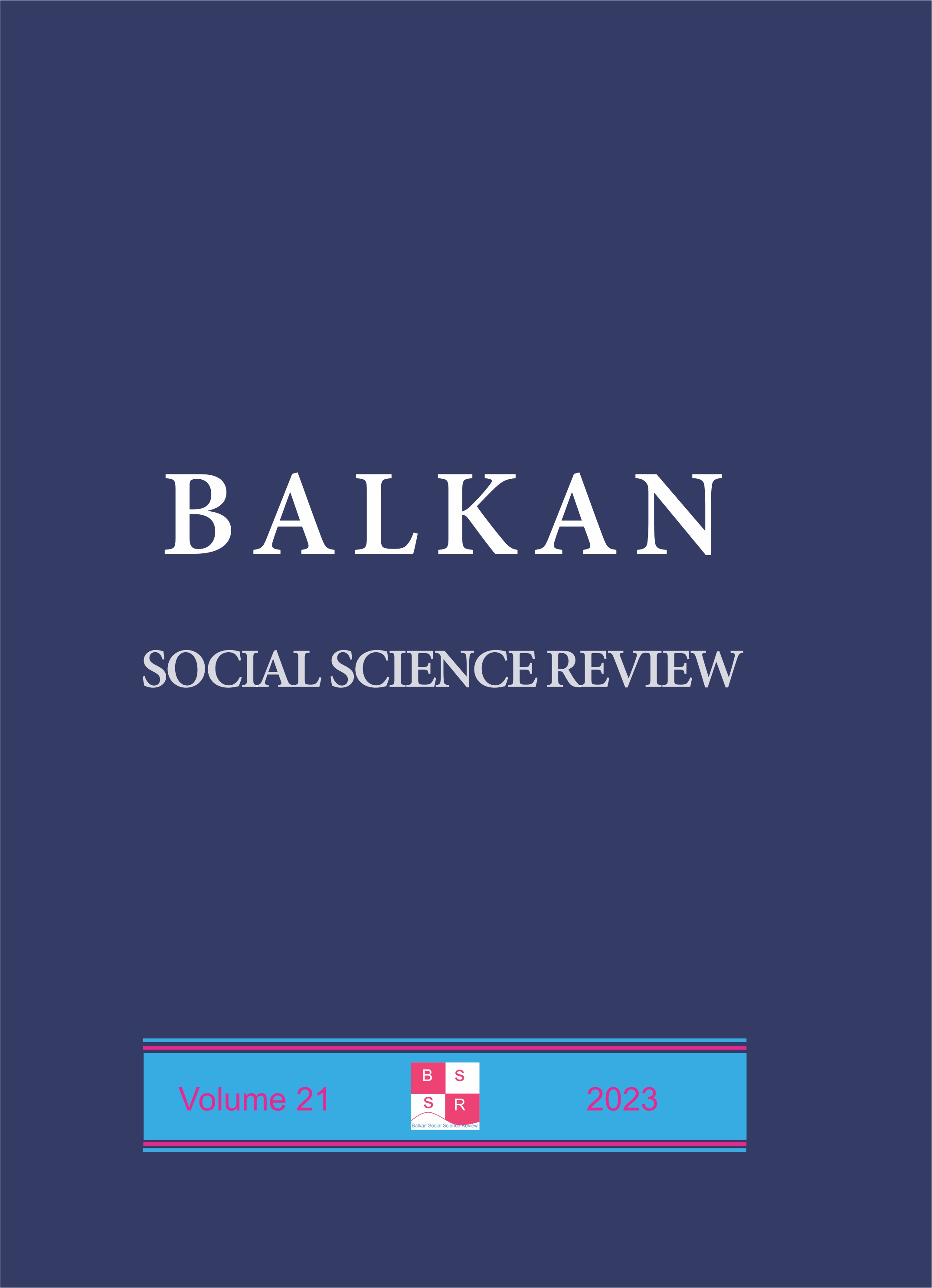Modelling the Subsistence Economy of the Settlement Rykan-3 in the Don Forest-Steppe
Author(s): Evgenii I. Gak,Ekaterina Ye. Antipina,Ekaterina Lebedeva,Elke Kaiser / Language(s): English
/ Issue: 51/2022
Keywords: Middle Bronze Age; Middle Don Catacomb Culture; forest-Steppe; economy; cattle breeding; seasonality; subsistence basis;
This article presents a reconstruction of a subsistence strategy at the Middle Bronze Age settlement Rykan-3. The settlement is located in the centre of the Don forest-steppe and dates to 26th–24th century BC; it was mostly excavated in 2009–2014. Rykan-3 is of particular interest because, unlike many other Bronze Age settlements in the South of Eastern Europe, it yielded only a single cultural layer, which was deposited during the existence of the settlement of the Middle Don Catacomb culture. Mainly for this reason, Evgenii Gak chose to conduct a systematic excavation, and to combine it with zooarchaeological, archaeobotanical, and pedological investigations. Additionally, radiocarbon dating was provided. Various proxy data were obtained during the excavation from various laboratories. Pottery fragments and animal bones formed the bulk of the finds. The assessment of the animal bones, the archaeobotanical and pedological information, and the interpretation of particular settlement features make it possible to create a model of a temporary settlement inhabited mainly in winter. Its inhabitants were mainly engaged in animal husbandry with special attention to cattle. The archaeobotanical survey could not reveal any evidence of agriculture during the period of occupation in the Middle Bronze Age. Radiocarbon dating proved that the isolated plant macro remains were clearly recent intrusions. Interdisciplinary research of the settlement Rykan-3 and the inclusion of various information from accompanying scientific investigations have made it possible, for the first time, to reconstruct a seasonal cattle breeding settlement, inhabited in winter, of the Catacomb Cultural Community in Eastern Europe.
More...
